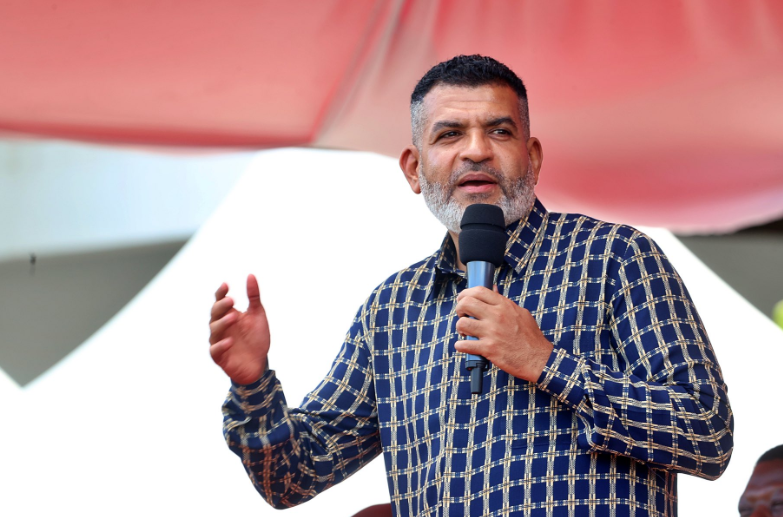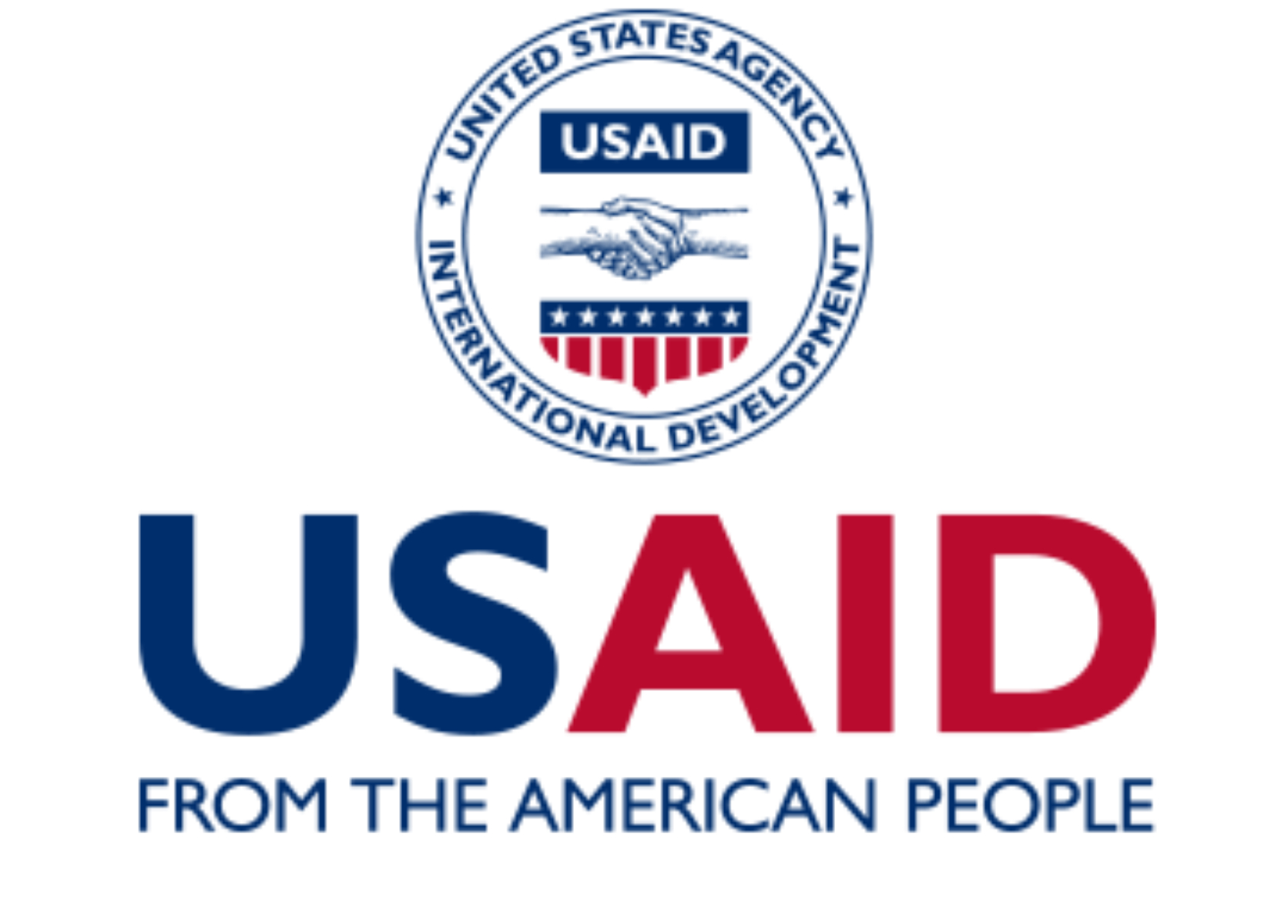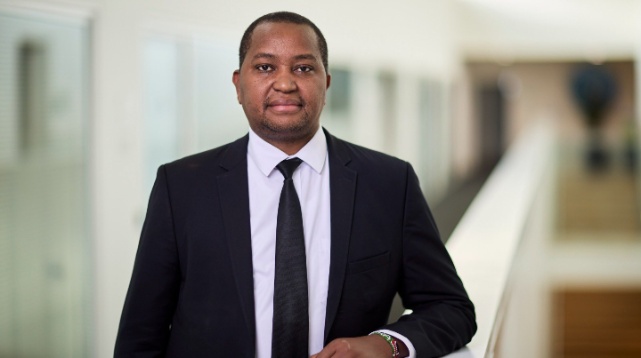Muhoozi: LRA rebel leader Joseph Kony should surrender now that Museveni is a Luo elder
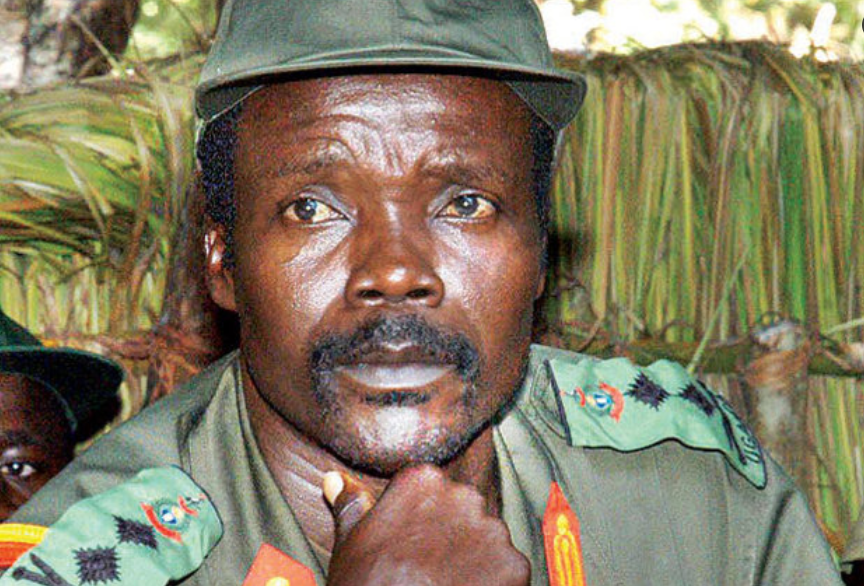
General Muhoozi Kainerugaba, the son of Uganda’s long-serving President Yoweri Museveni and Chief of the Uganda Peoples’ Defence Forces (UPDF), has urged Lord’s Resistance Army (LRA) leader Joseph Kony to surrender.
Muhoozi’s call came in the wake of Museveni’s recent installation as a Luo elder.
Museveni was installed as a Luo elder for the third time during the 4th Edition of the Piny Luo cultural festival held at Got Ramogi on January 2, 2025 in Siaya county.
The event took place at the historic Got Ramogi (Ramogi hills), a site where the Luo community first settled in the country during their migration into Kenya and Tanzania from their ancestral homeland in the western Bahr el Ghazal region of South Sudan.
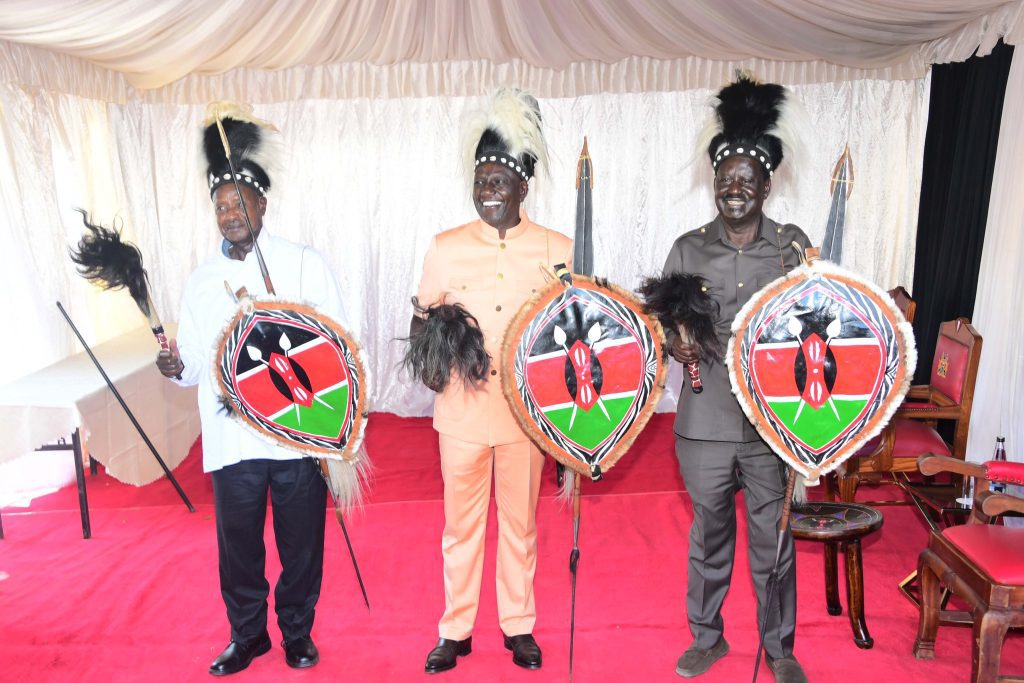
The Luo are one of the largest ethnic groups in East Africa, with members of their community spread across South Sudan, eastern DR Congo, southwestern Ethiopia, northern and eastern Uganda, southwestern Kenya, and northern Tanzania.
Members of the Luo-speaking Alur and Acholi communities in Uganda first installed Museveni as their elder, a recognition that was later extended by their cousins in Kenya on January 2, 2025.
Museveni said he is now waiting to be given a Luo name after three Luo communities installed him as their elder.
In a post on X on Friday January 3, 2024, Muhoozi called on rebel leader Kony, a member of Luo speaking Acholi tribe, to surrender himself after Museveni was installed as a Luo elder.
“Now that Mzee Museveni is a Luo elder, he can order Ladit Joseph Kony, to report to the nearest UPDF unit for arrest,” Muhoozi wrote.
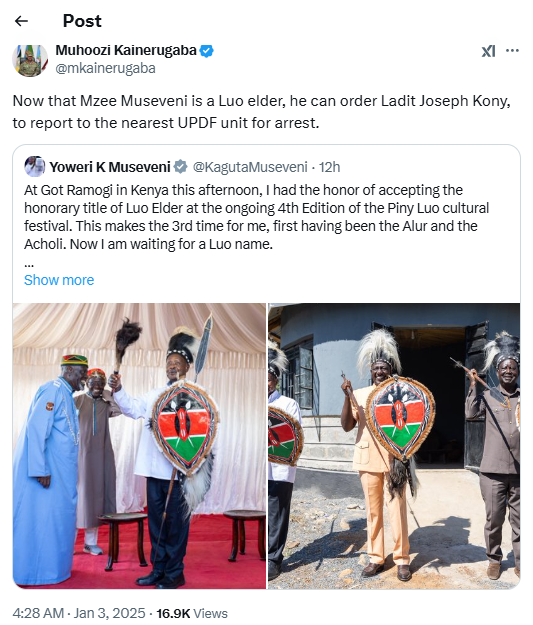
Who is Joseph Kony?
Joseph Kony, the leader of the Lord’s Resistance Army (LRA), has waged a guerrilla campaign against the Ugandan government for over two decades under the claim of being a prophet.
Utilizing the dense forests of Central Africa as a strategic haven, Kony extended his operations into neighboring countries, making him one of the world’s most wanted war criminals.
Despite his dwindling number of followers, his legacy of violence persists.
Kony and his LRA first gained prominence in the late 1980s after he assumed leadership from Alice Lakwena, a spiritual healer who led the Holy Spirit Movement, a faction of the Uganda People’s Democratic Army.
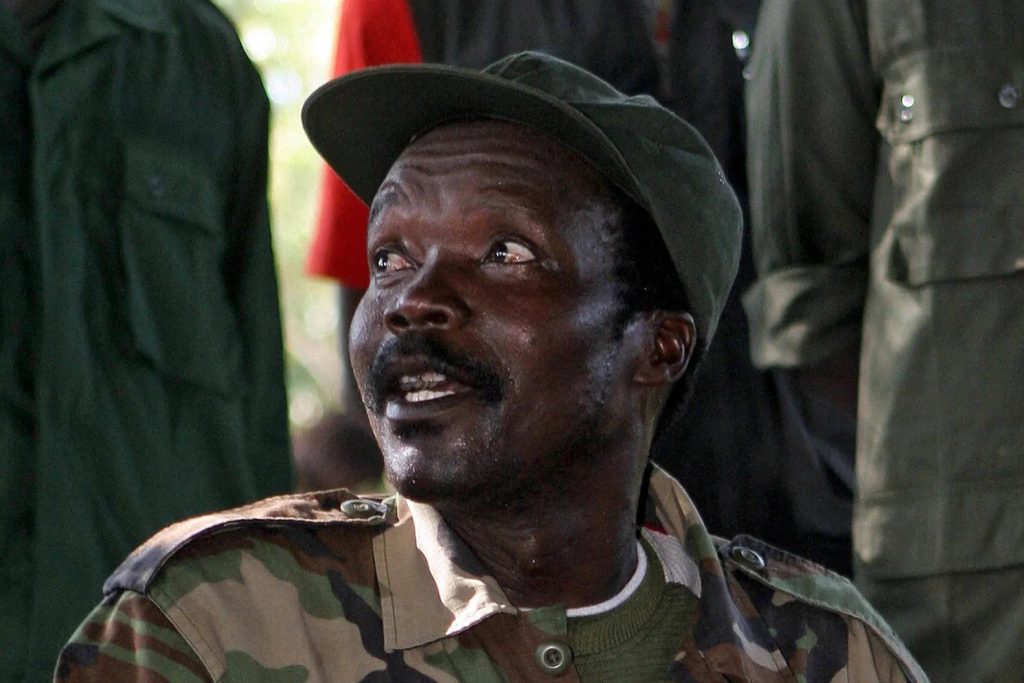
Following Lakwena’s defeat and exile to Kenya, Kony rebranded the group as the Lord’s Resistance Army, shifting their strategy to target civilians rather than military forces.
The LRA became notorious for its brutal tactics, displacing 1.5 million people and abducting over 20,000 children to serve as fighters or forced wives.
Born in Odek, Acholiland, in northern Uganda in the early 1960s, Kony’s early life remains obscure.
Reports suggest he served as an altar boy in the Catholic Church and was deeply influenced by Christian and spiritualist teachings.
Claiming to be a prophet possessed by spirits, he infused his rebellion with religious symbolism, believing in the protective power of the Christian cross and holy oil.
After Yoweri Museveni came to power in Uganda in 1986, Kony’s conflict with the government intensified.
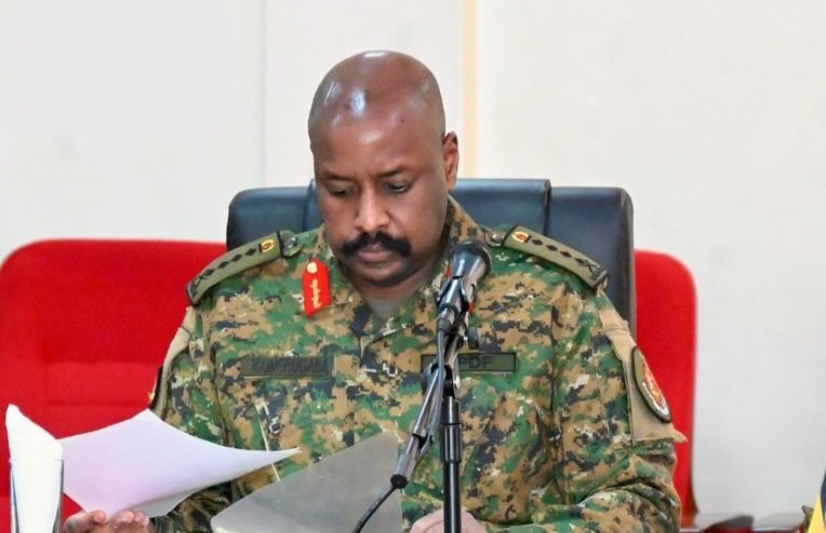
With support from Sudan under deposed strongman Omar al-Bashir, the LRA expanded its operations into South Sudan, the Democratic Republic of Congo (DRC), and the Central African Republic (CAR), exploiting regions with weak governance.
In 2005, the International Criminal Court indicted Kony for crimes including murder, abduction, sexual enslavement, and targeting civilians, based partly on intercepted communications in which he directed attacks on displaced persons’ camps.
Efforts to capture Kony have been extensive but elusive.
In 2008, a permanent ceasefire was signed between the LRA and the Ugandan government, but Kony failed to appear for the final agreement.
Military operations against the LRA continued, involving Uganda, the DRC, and South Sudan.
The US also joined the efforts, with the Obama administration in 2010 outlining a strategy to disarm the LRA and apprehend Kony.
By 2012, the African Union deployed 5,000 troops to pursue him, while local militias, such as South Sudan’s arrow boys, emerged to protect communities.
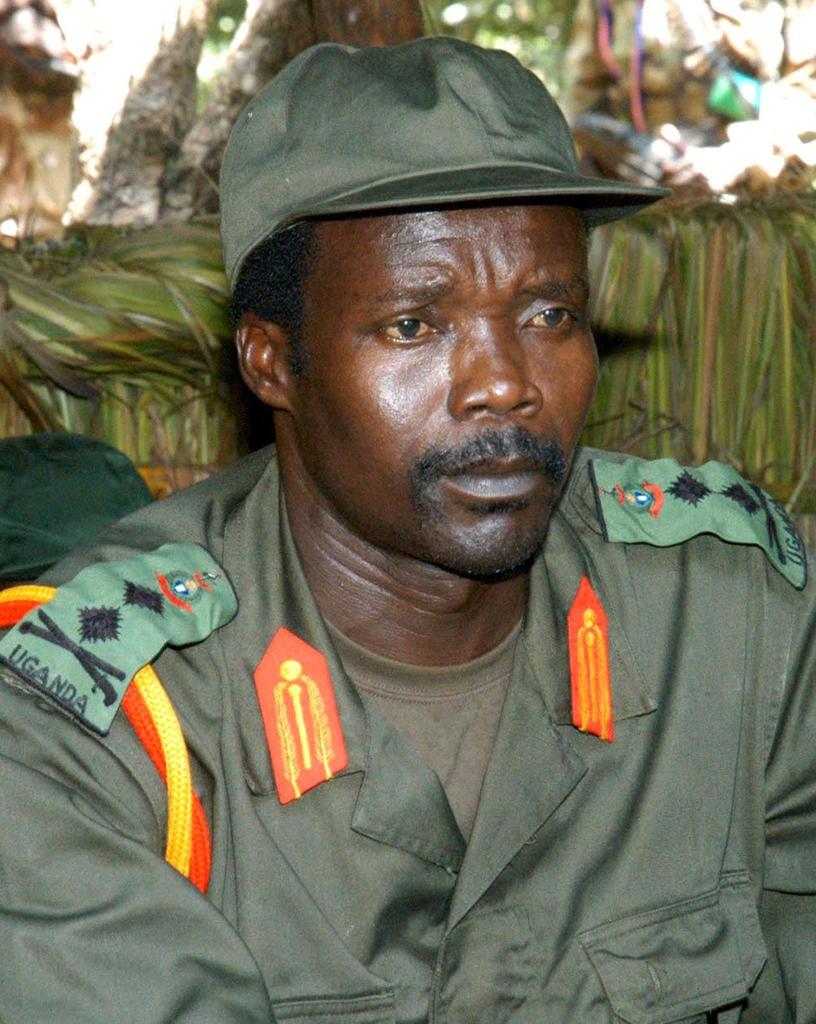
In recent years, the US shifted its approach, deploying aircraft and specialized troops to support the hunt for Kony across South Sudan, CAR, Uganda, and the DRC.
While Kony remains at large, the collective efforts against him reflect a sustained commitment to ending his reign of terror.
The United States on April 3, 2013, offered a reward of up to $5 million (Ksh645 million) each for Kony and some of his fugitive top aides in the Lord’s Resistance Army rebel group.
The State Department said Kony, along with aides identified as Okot Odhiambo and Dominic Ongwen, had been cited under the department’s newly expanded War Crimes Rewards Program.
Under the program the State Department offers rewards of up to $5 million for information leading to the arrest, transfer, or conviction of such fugitives.
Author
Martin Oduor
The alchemist of literary works - a master wordsmith with a proven record of transforming the raw materials of language into a rich tapestry of emotion, thought, and imagination.
View all posts by Martin Oduor

